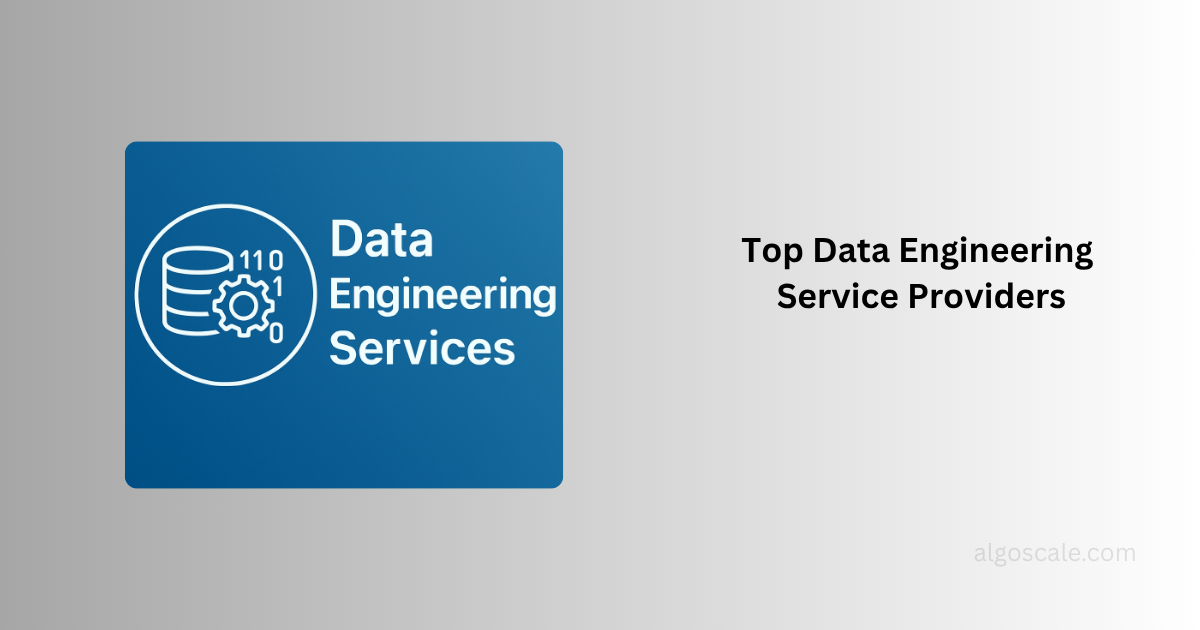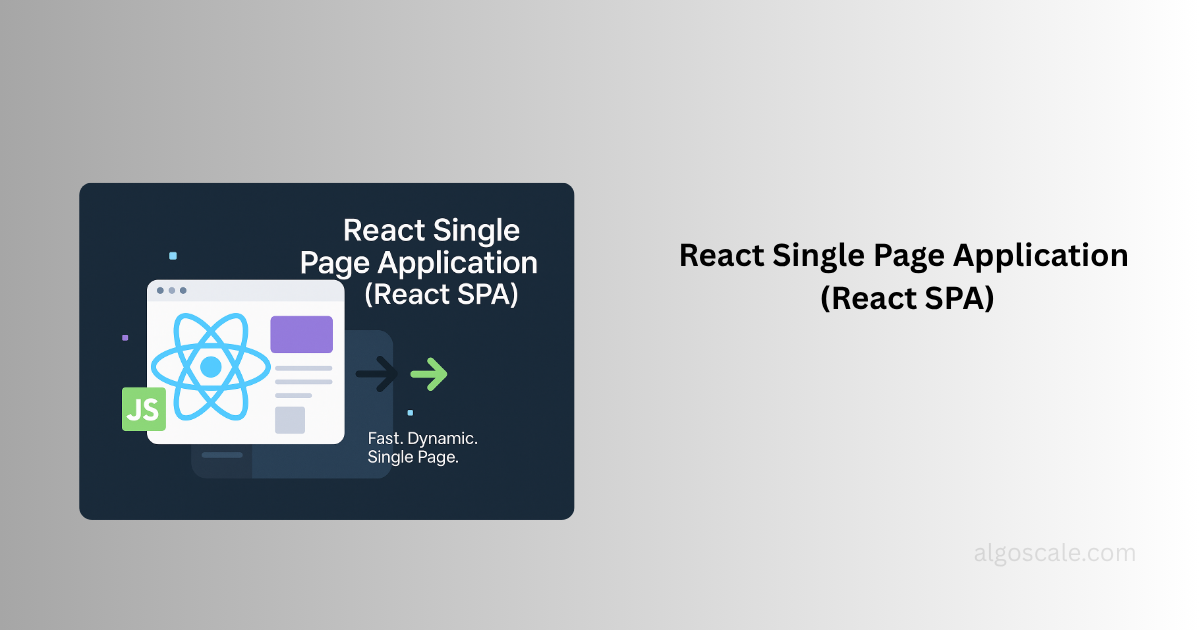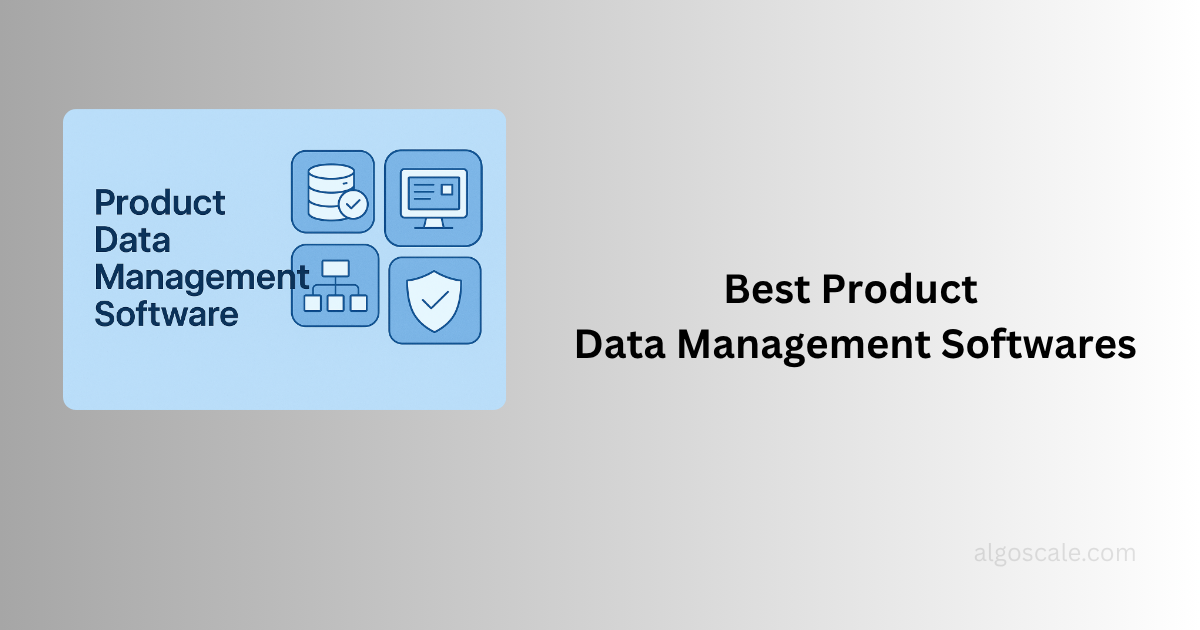Organizations across all industries now have access to more types of data than ever before, with new data from a variety of sources arriving by the minute. Data has the capacity to drive decision-making, influence strategy formation, and increase organizational performance if properly harnessed. Businesses can use data to gain a better understanding of their customers, improve their advertising campaigns and increase profitability. Data has many advantages, but you can’t take advantage of them unless you have the correct data analytics tools. While raw data holds a lot of promise, data analytics can help you use it to build your business.
Data analytics is the process of analyzing data to find answers, patterns, and insights. It can assist you in looking at data from many perspectives and creating visualizations that help you communicate the story you want to tell. Businesses use analytics to explain, forecast, and enhance business performance. The purpose of data analytics is to obtain actionable insights that lead to better business decisions and outcomes.

Learn about the Role of Data Analytics in Customer Experience
Depending on the need, the data’s applications will fall into four major categories of analytics after going through the entire business analytics cycle. There are four main types of data analytics: descriptive, diagnostic, predictive, and prescriptive analytics. The type of data analytics that is best for a firm is determined by its stage of development.
While these are divided into categories, all the types of data analytics are interconnected and built on one another. For strategic direction and hands-on support in implementing and optimizing these crucial analytical methodologies, engaging data analytics consulting can prove invaluable in transforming your data into actionable intelligence.
Descriptive Analytics
The most prevalent of all types is Descriptive Analytics, allowing you to break down large amounts of data into smaller chunks in order to gain more precise insights. It examines data and analyses previous events in order to provide insight into how to approach future events. Businesses can use descriptive analytics to decode the inner context and reasons for earlier successes and/ or failures by mining historical data.
It is a typical tool used these days to pull crucial data from social media and detailed media platforms, and websites. It gives the analyst a snapshot of the company’s main KPIs and measures. Descriptive analytics is commonly used in company reports that provide historical reviews. Other examples of this type of analytics would be profit and loss statements, financial or sales reports, and more.
Read What Does Descriptive Analytics Tell Us?
Diagnostic Analytics
The practice of studying data to determine the cause of an event is diagnostic analytics. Diagnostic analytics can help you figure out why something happened and the root cause behind that. The primary goal is to find and respond to anomalies in your data. Data mining and correlations are often used techniques in this form of data analytics. Diagnostic analysis drills down to determine the reasons for the outcomes discovered by descriptive analytics.
This type of analytics is used by businesses since it connects data and identifies patterns. Diagnostic analytics, like descriptive analytics, is concerned with events that occurred in the past. Integrating diagnostic and descriptive analytics helps businesses uncover data relationships and architecture so they can compare and build the most reliable data-based decision model quickly.
Predictive Analytics
This one is perhaps the most widely used data analytics category. Predictive analytics predicts what will most likely happen in the future. Predictive analytics employs descriptive and diagnostic analytics data to spot clusters and exceptions, as well as predict future trends, making it a useful forecasting tool. Making future predictions might assist your company in developing plans based on expected outcomes.
Predictive Analytics makes use of historical data to uncover patterns and decide if they are likely to repeat again. To provide considerable insight into what might happen in the future, predictive analytical tools use a variety of statistical and machine learning methodologies, including neural networks, decision trees, and regression. Risk assessment, sales forecasting, and customer success teams are all examples of business applications of predictive analytics.

Prescriptive Analytics
Following predictive analytics, prescriptive analytics supports businesses in formulating prescriptions to solve business challenges, utilizing data-derived features. It predicts not just what will happen and when it will happen, but also why. Prescriptive analytics is a data analytics approach for company optimization that provides insights into “what a business should do” to solve an issue. Insights gained from predictive data analytics services can be used to make smarter, data-driven decisions allowing businesses to navigate uncertainty with greater confidence.
Predictive analytics techniques employ machine learning strategies to find trends in large datasets. Past decisions and occurrences can be used to estimate the likelihood of certain scenarios. Prescriptive analytics can also show you how to take advantage of a future opportunity or prevent a future hazard, as well as the consequences of each alternative. Marketing reports and business cycle reports are two examples of prescriptive analytics.

Conclusion
Businesses are increasingly turning to sophisticated data analytics solutions with machine learning capabilities to help them make better business decisions and identify industry trends and opportunities. Businesses who do not begin to use data analytics with proactive, future-casting capabilities may find that their performance suffers as a result of their inability to uncover hidden patterns and obtain other insights.
Algoscale is one of the best digital transformation Service provider companies in the USA, offering real-time monitoring, improved product delivery, and data-driven insights to help you transform your organization and gain a competitive advantage. With our Data Analytics Solutions, harness the true capacity of your most valuable asset, data.











